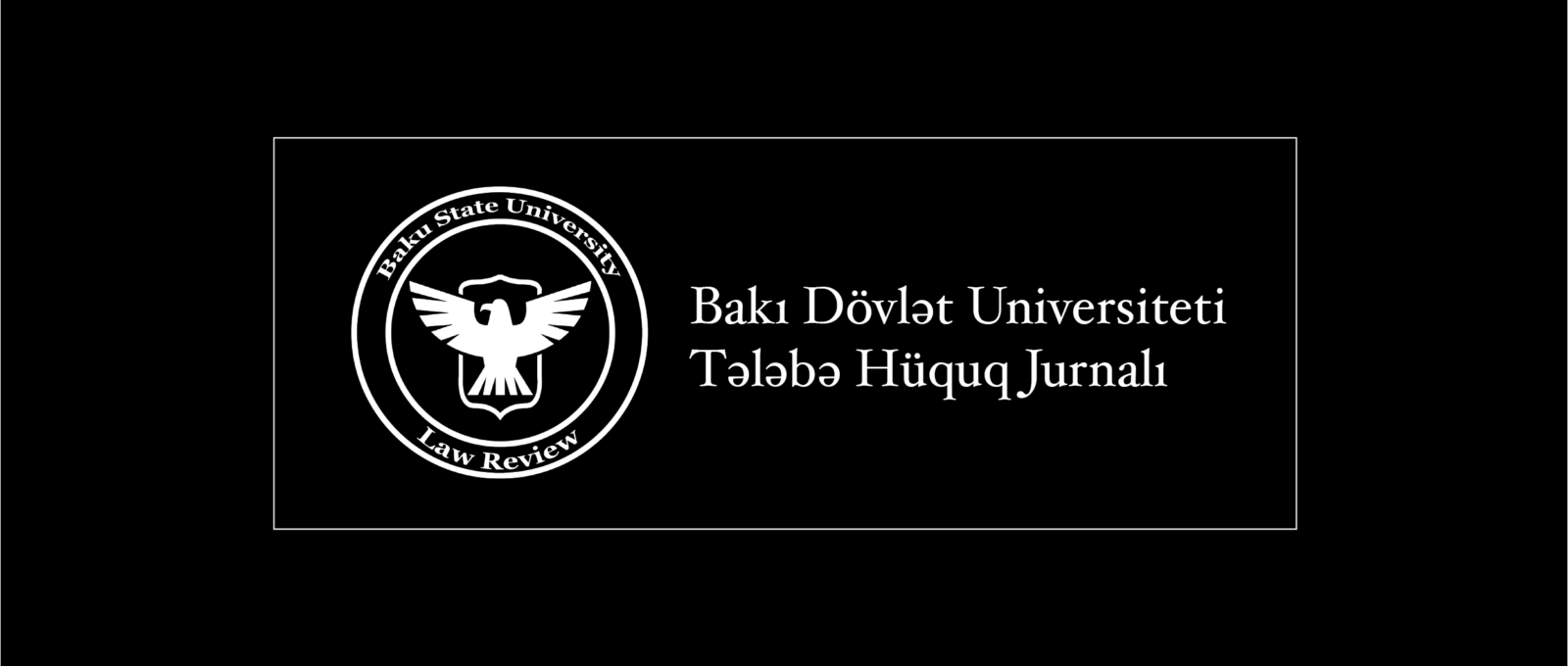Article language: English.
Abstract
As United States citizens and foreign nationals engage in transnational civil litigation, one approach to warrant fairness among litigants and nations is the public policy exception to the recognition and enforcement of foreign judgments. Yet, the pursuit of fair justice that embodies this exception has failed U.S. litigants who are regularly denied foreign judgment enforcement in the face of public policy, all the while U.S. courts continually embrace notions of comity in disregard of reciprocity. This is because, unlike foreign nations, the United States is not a signatory to a multilateral foreign judgment agreement and seeks a leveraging tool. As a result, foreign tribunals retain a significant advantage in transnational litigation.
This note will address the prejudice U.S. litigants face in foreign tribunals and how U.S. courts are to blame for impractical and timeworn solutions. Furthermore, this note will explore how justice for U.S. litigants begins with federalization of the public policy standard followed by a blueprint of its own foreign judgment agreement. Until the United States assumes this position however, the public policy exception must be reaffirmed through principles of reciprocity. The United States has essentially lost its bargaining power to the detriment of U.S. litigants, and its time to take it back.
Bu post həm də digər dildə mövcuddur:
Azərbaycanca

